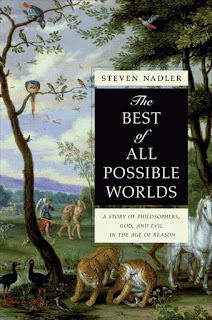Dictatorship is rule based directly upon force and unrestricted by any laws. The revolutionary dictatorship of the proletariat is rule won and maintained by the use of violence by the proletariat against the bourgeoisie, rule that is unrestricted by any laws." - As quoted in "The Proletarian Revolution and the Renegade Kautsky" (1972), p. 11.
We must not depict socialism as if socialists will bring it to us on a plate all nicely dressed. That will never happen. Not a single problem of the class struggle has ever been solved in history except by violence. When violence is exercised by the working people, by the mass of exploited against the exploiters — then we are for it! "Report on the Activities of the Council of People's Commissars" (24 January 1918); Collected Works, Vol. 26, pp. 459-61.
"Comrades! The kulak uprising in your five districts must be crushed without pity. You must make an example of these people. (1) Hang (I mean hang publicly, so that people see it) at least 100 kulaks, rich bastards, and known bloodsuckers. (2) Publish their names. (3) Seize all their grain. (4) Single out the hostages per my instructions in yesterday's telegram. Do all this so that for miles around people see it all, understand it, tremble, and tell themselves that we are killing the bloodthirsty kulaks and that we will continue to do so ...Find tougher people." - Lenin's "Hanging Order for the Kulaks" (1918)
"Thousands of practical forms and methods of accounting and controlling the rich, the rogues and the idlers must be devised and put to a practical test by the communes themselves, by small units in town and country. Variety is a guarantee of effectiveness here, a pledge of success in achieving the single common aim—to clean the land of Russia of all vermin, of fleas—the rogues, of bugs—the rich, and so on and so forth. In one place half a score of rich, a dozen rogues, half a dozen workers who shirk their work (in the manner of rowdies, the manner in which many compositors in Petrograd, particularly in the Party printing-shops, shirk their work) will be put in prison. In another place they will be put to cleaning latrines. In a third place they will be provided with "yellow tickets" after they have served their time, so that everyone shall keep an eye on them, as harmful persons, until they reform. In a fourth place, one out of every ten idlers will be shot on the spot." - From "How to Organize Competition," December, 1917
"The Council of People’s Commissars, having heard the report of the Chairman of the All-Russian Extraordinary Commission for Combating Counter-revolution, Speculation and Crime about the activities of this Commission, finds: that in the present situation the safeguarding of the rear by means of terror is necessary; that it is necessary to send a greater number of responsible party comrades to the All-Russian Extraordinary Commission for Combating Counter-revolution, Speculation and Crime in order to strengthen its work and to introduce into it a more systematic character; that it is necessary to safeguard the Soviet Republic from class enemies by isolating them in concentration camps; that all persons associated with White Guard organizations, plots and rebellions are liable to be shot; that it is necessary to publish the names of all those shot and the reasons for shooting them." - "Resolution on Red Terror," September 5, 1918


















